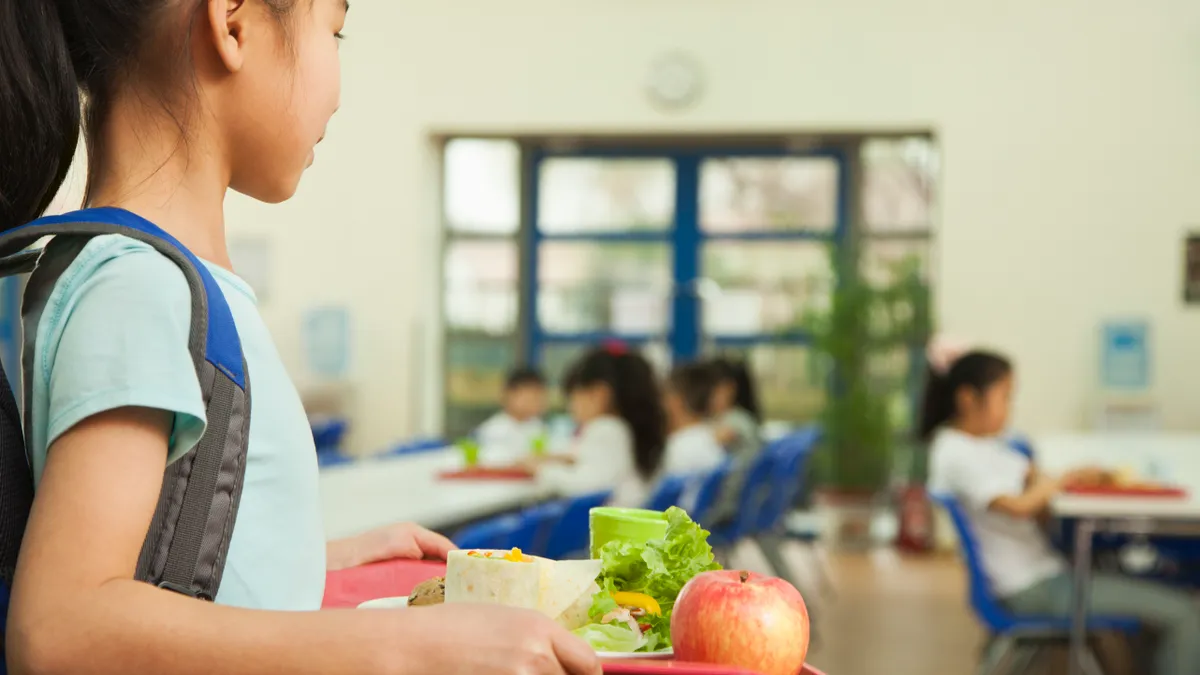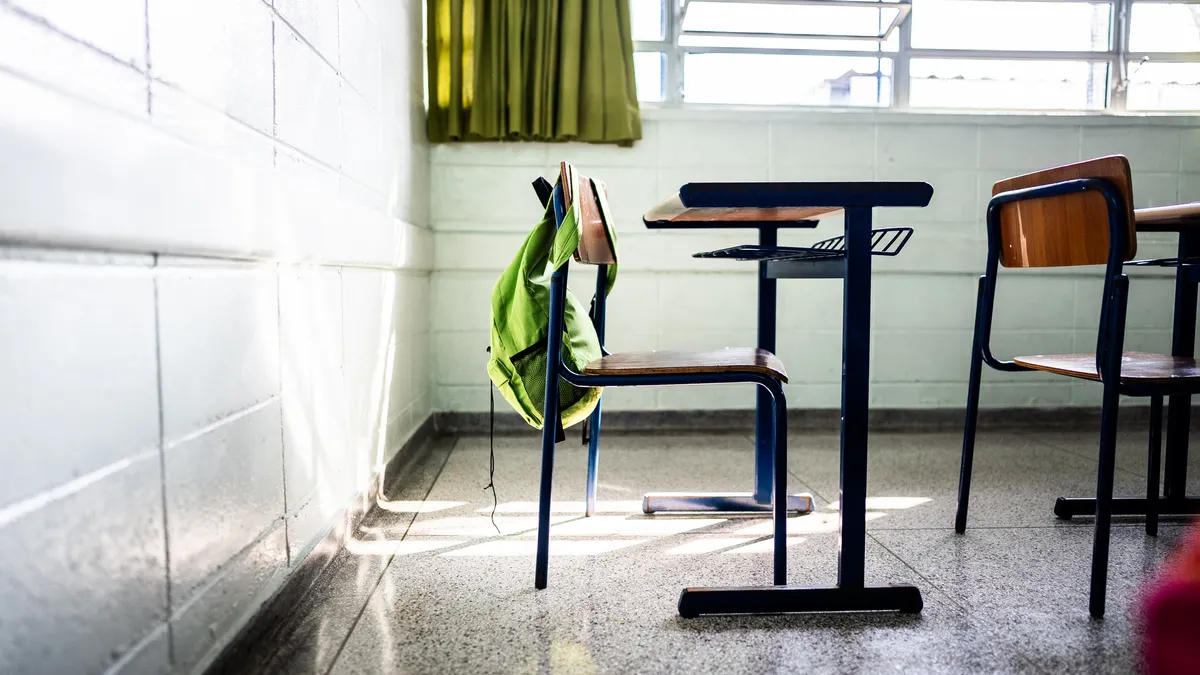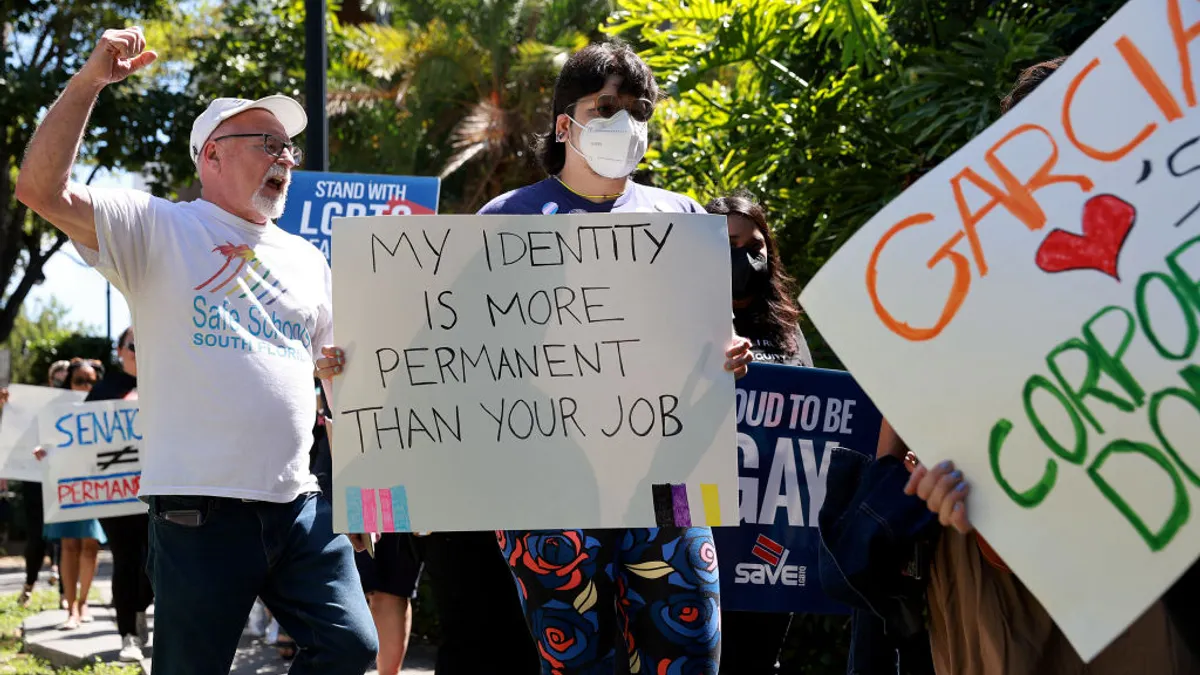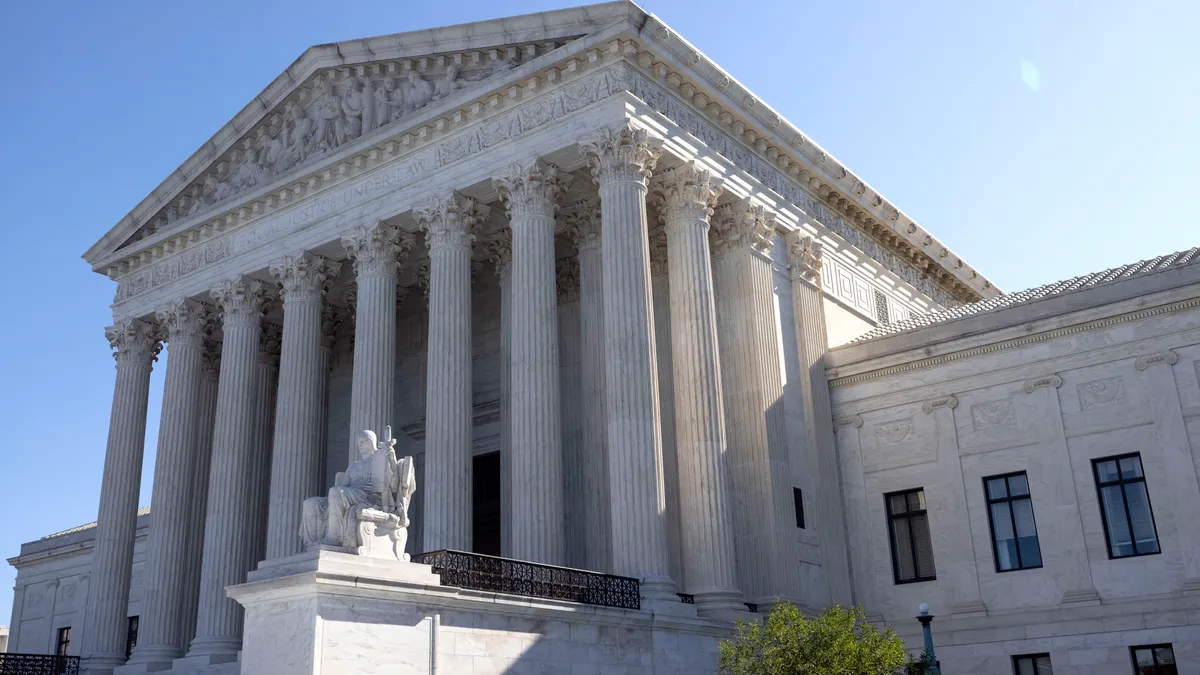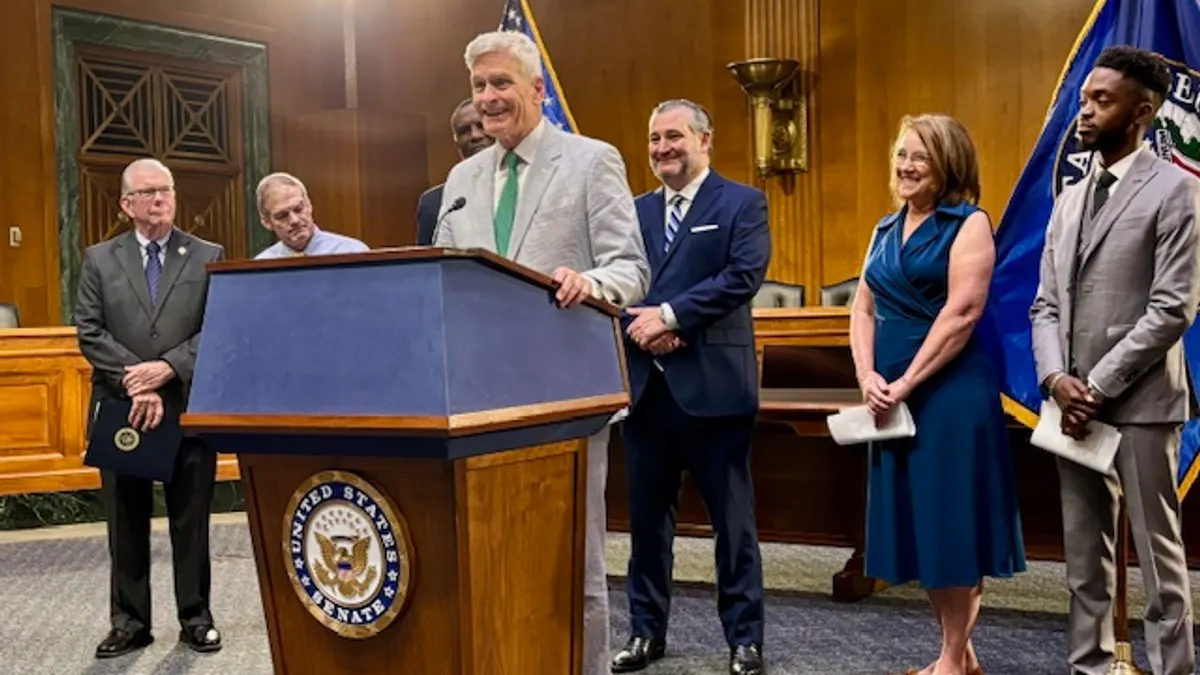The White House’s Tuesday announcement seeking to work with Congress on expanding access to free school meals for 9 million more children by 2032 marks the first time President Joe Biden's administration has broadly supported universal school meals, child nutrition advocates say.
And while the move is met with widespread support from advocates, they caution that hungry children can't wait that long.
The announcement — touted as a beginning step toward ultimately achieving free school meals for all — came a day ahead of the White House Conference on Hunger, Nutrition and Health set for Wednesday. This conference is the first since 1969 to address food, nutrition and health.
U.S. Agriculture Secretary Tom Vilsack called the proposed national strategy “a defining moment for our nation.”
“I am particularly excited by the strategy’s pathway to provide healthy school meals to all students,” Vilsack said. “This approach would reorient the school meal programs from an ancillary service to an integral component of the school day and allow schools to focus on providing the highest quality meals and engaging children around the importance of healthy food.”
But this strategy only sets the beginning stages and will require ongoing work, he said.
Crystal FitzSimons, director of school and out-of-school time programs at the Food Research & Action Center, said she is excited about the initiative. The effort to provide healthy free school meals for all, however, needs to move more quickly, she said.
“I think it’s an exciting opportunity for the White House to weigh in and support the school nutrition programs both as a key strategy to ending hunger and supporting health, but then also to really support educational achievement and all the positives that are linked to participation in school breakfast and school lunch,” FitzSimons said.
Though there have been partisan lines drawn in Congress over universal school meals, FitzSimons said legislators are listening to how valuable pandemic-era waivers were in supporting families and schools navigating the financial and social-emotional toll of the pandemic.
Meanwhile, Republican support has emerged in some areas for state legislation to secure universal school meals programs, FitzSimons said.
At the federal level, however, the Healthy Meals, Healthy Kids Act, a child nutrition reauthorization bill, cleared the House Committee on Education and Labor in July along partisan lines with no support from Republican lawmakers. The bill has not been up for a vote on the House floor.
Earlier this year, a bipartisan bill — Support Kids Not Red Tape Act — was introduced in the Senate by Sen. Debbie Stabenow, D-Michigan, and Sen. Lisa Murkowski, R-Alaska, and co-sponsored by 50 other senators. That bill, which awaits further action, would extend universal school meals through Sept. 30, 2023.
Rep. Bobby Scott, D-Virginia, chairman of the House Committee on Education and Labor, said in an emailed statement that he is encouraged the White House’s strategy aligns with his committee's work.
“I look forward to working with the Senate and the Biden-Harris Administration to pass the Healthy Kids, Healthy Meals Act and achieve our shared goal of ending child hunger,” Scott said.
The House bill would expand the number of schools that qualify for community eligibility provision, allowing more high-need school districts to serve free meals to all students. That measure would be a strong step toward free meals for all students, FitzSimons said.
The White House’s strategy to get 9 million more students to access free school meals also refers to language from the Build Back Better Act and the Healthy Meals, Healthy Kids Act’s goal to expand the community eligibility provision, said Diane Pratt-Heavner, director of media relations for the School Nutrition Association.
Stories from nutrition directors are already beginning to reveal family hardships with the loss of universal school meals, which ended June 30 after the two-year pandemic-era waiver granted by Congress expired, Pratt-Heavner said.
Patricia Montague, SNA CEO, said in a statement that families who don’t qualify for free or reduced-price meals are now struggling to feed their children.
“Short-staffed school nutrition teams shouldn’t have to worry about processing applications and determining which children are eligible for a free meal — they should be able to focus on nourishing all of their students,” Montague said. “Many school meal programs have already accumulated unpaid meal debt, which can cut into education funds.”
While SNA appreciates the White House’s commitment to free school meals for all, Pratt-Heavner said, the sooner it’s attained, the better.



